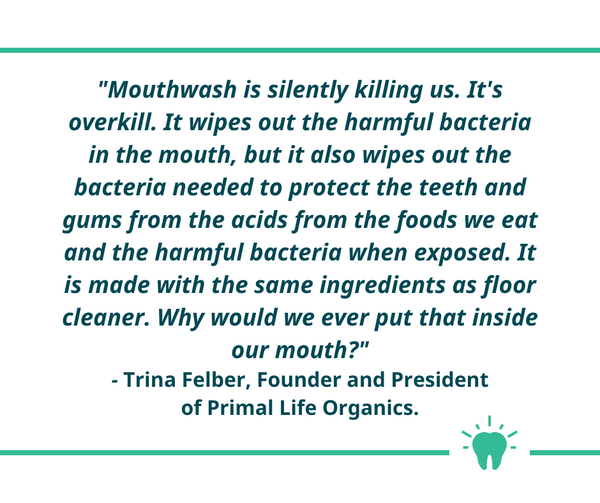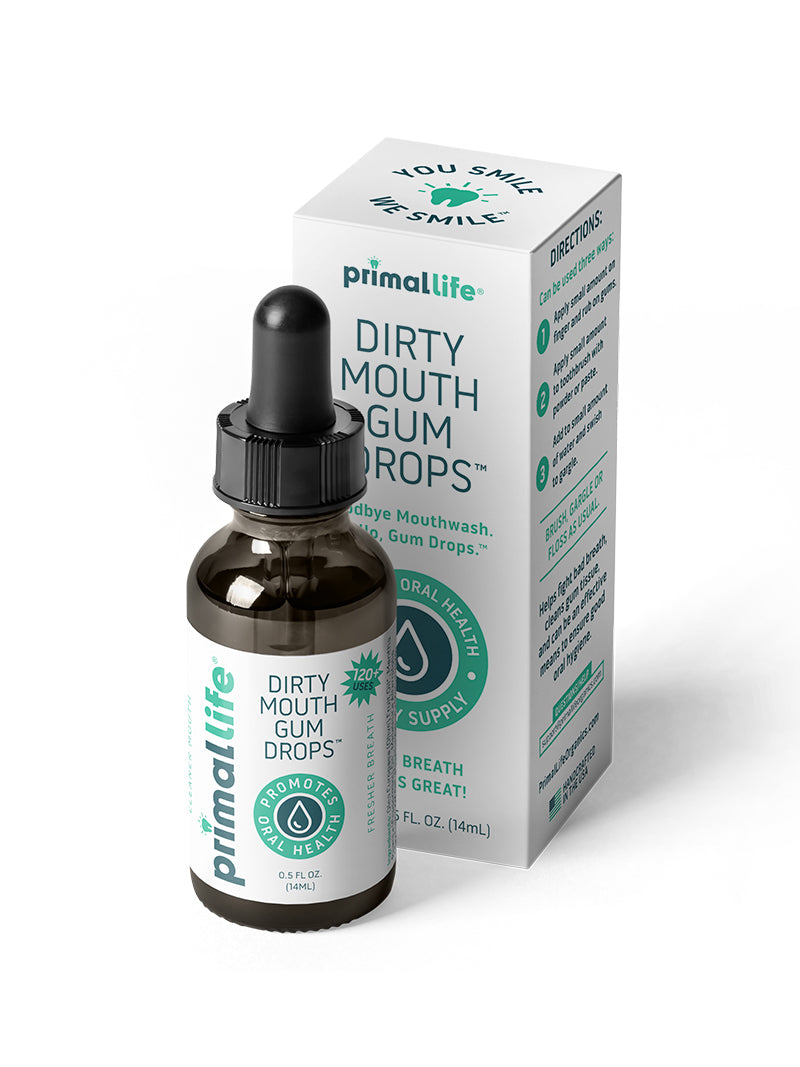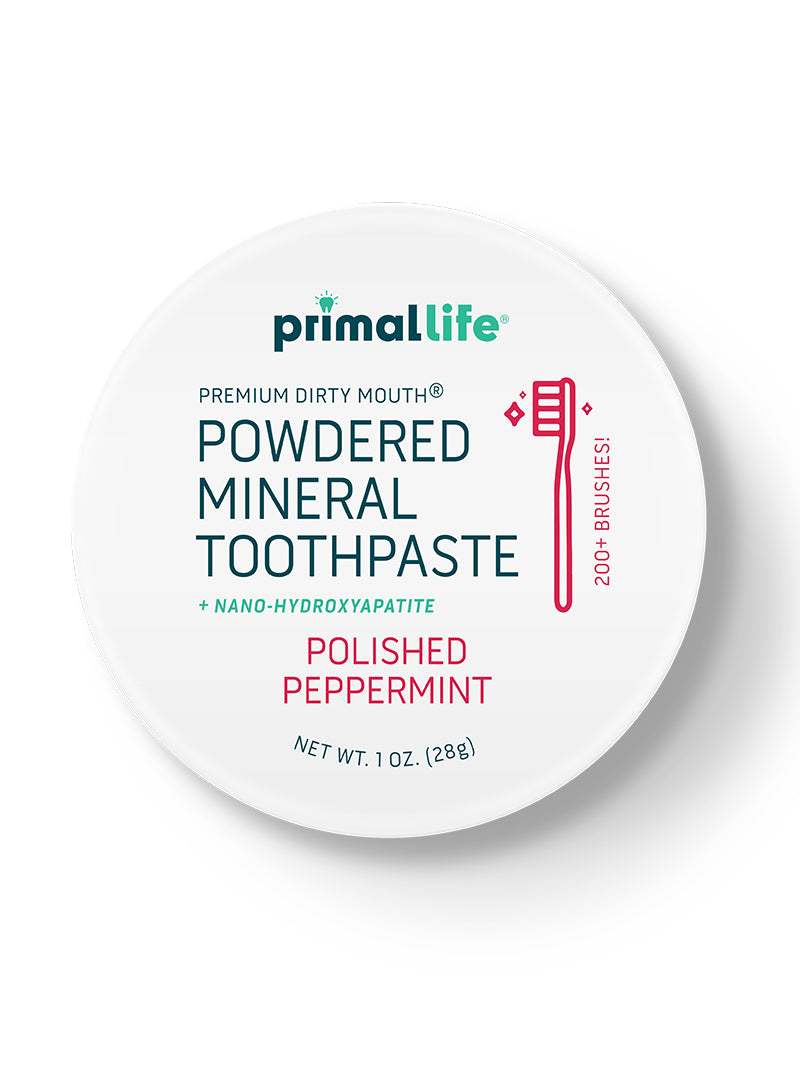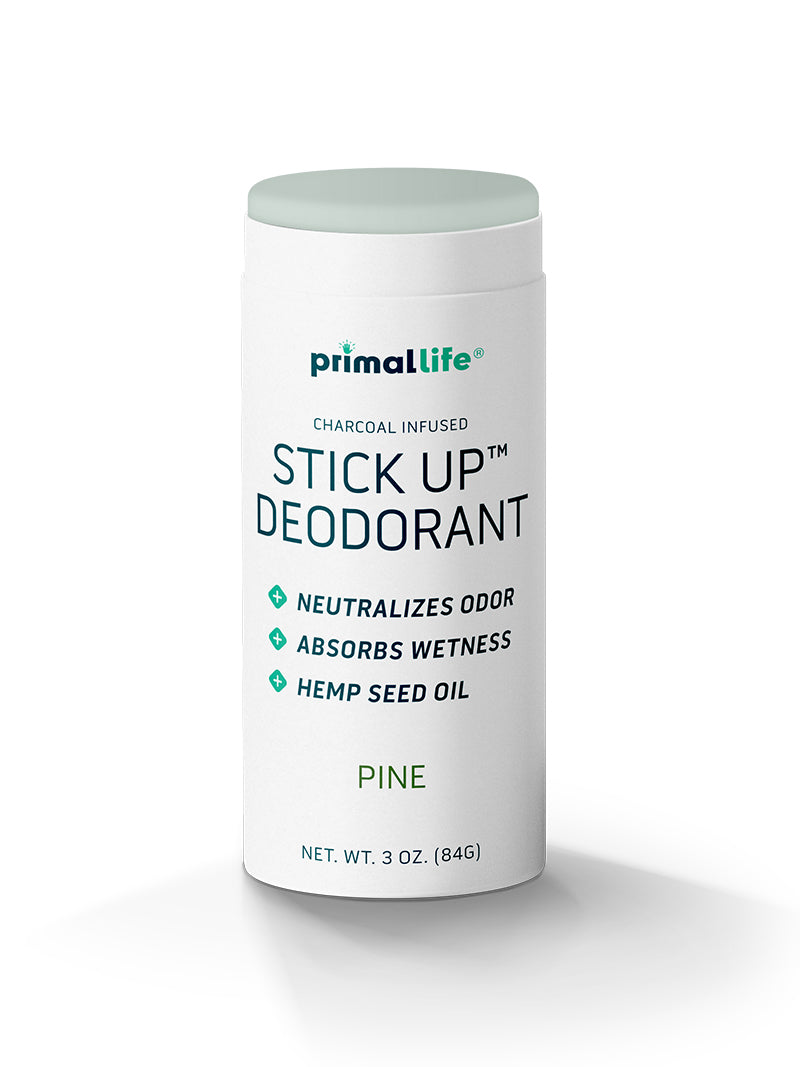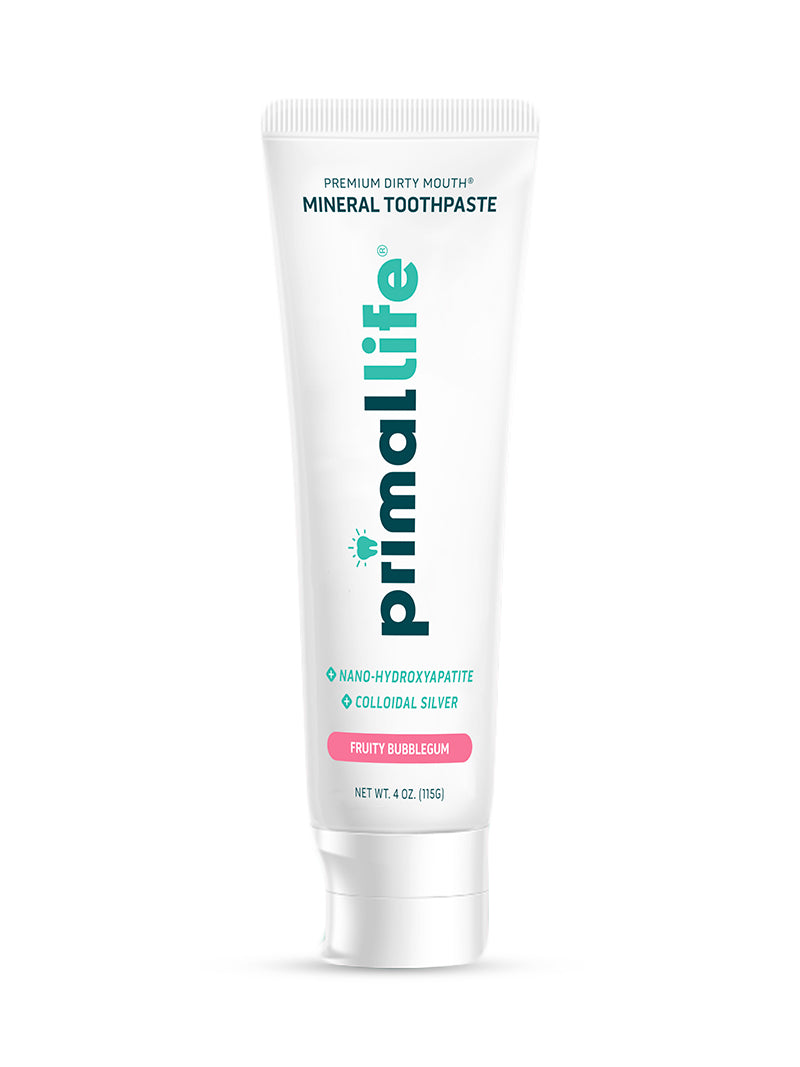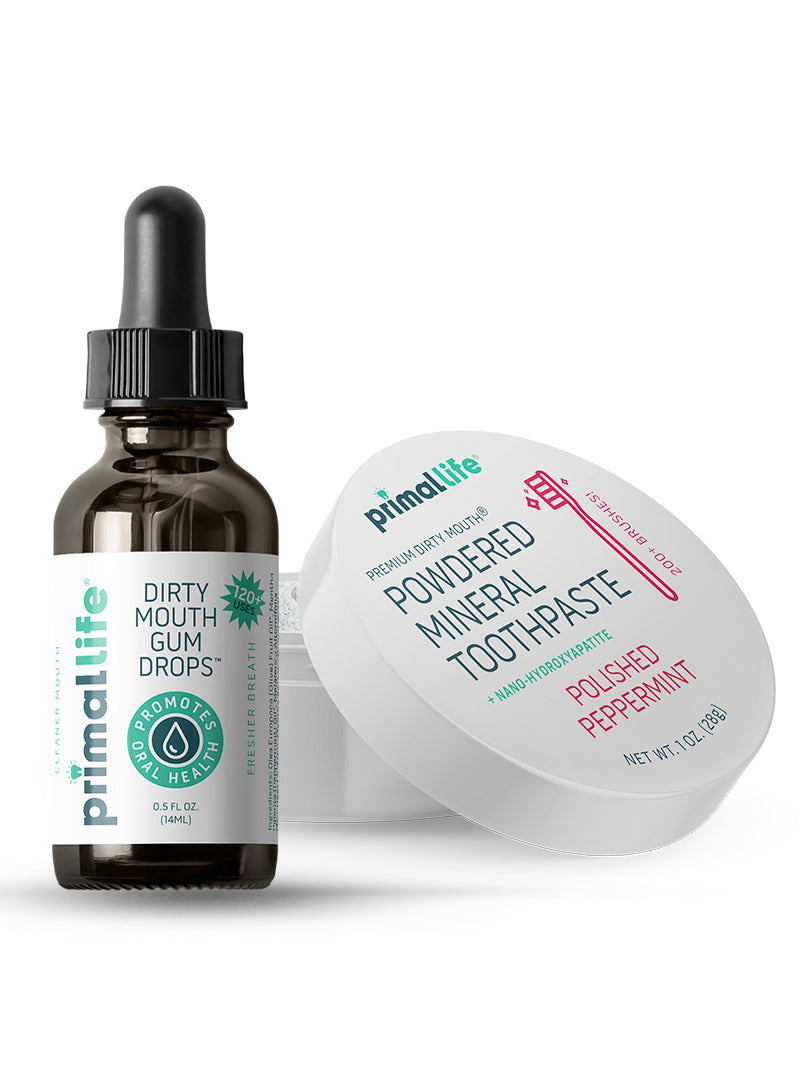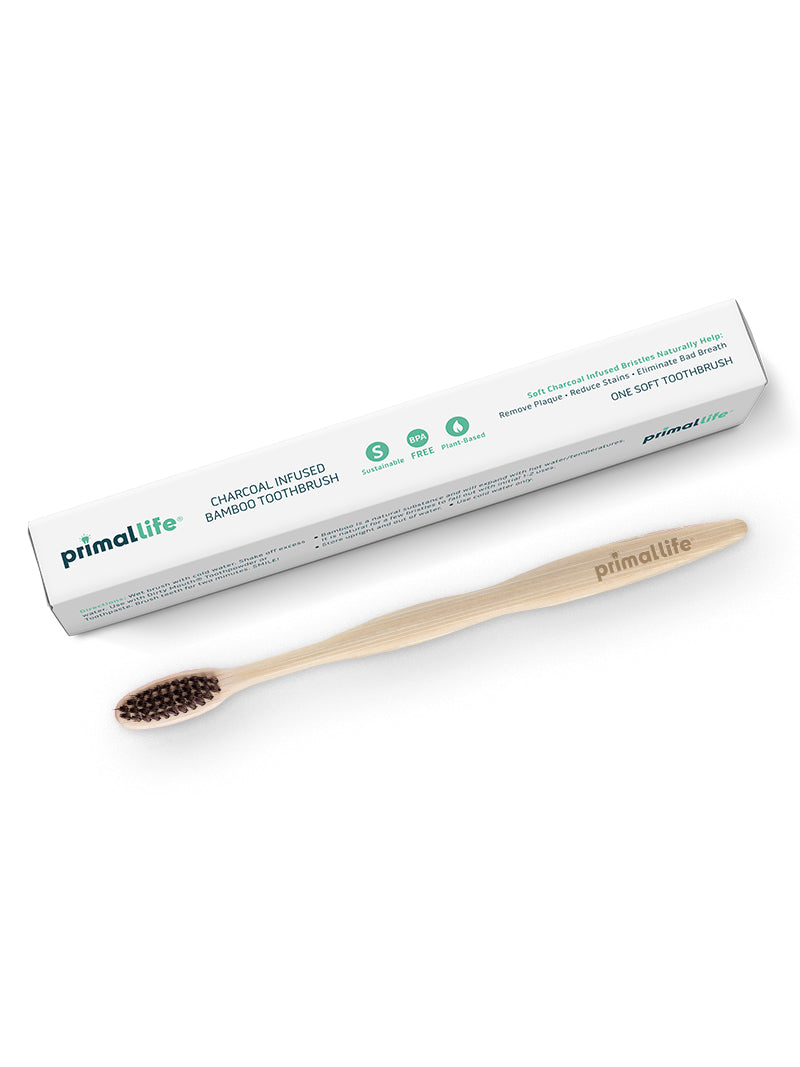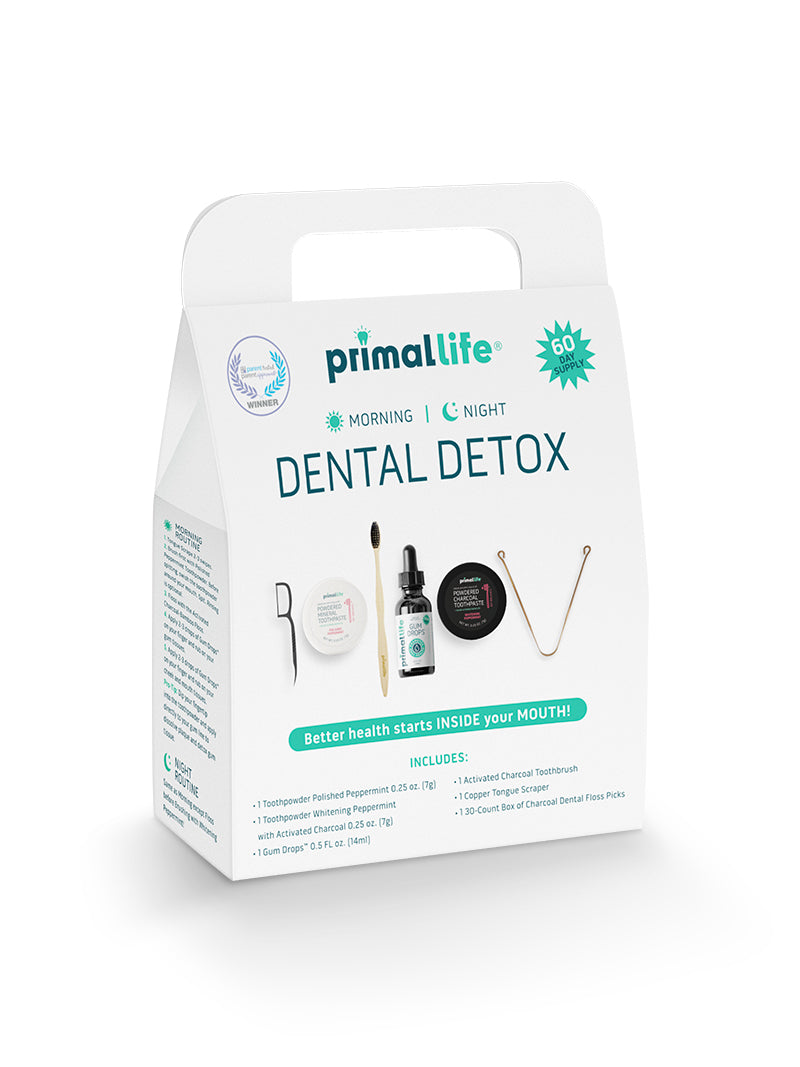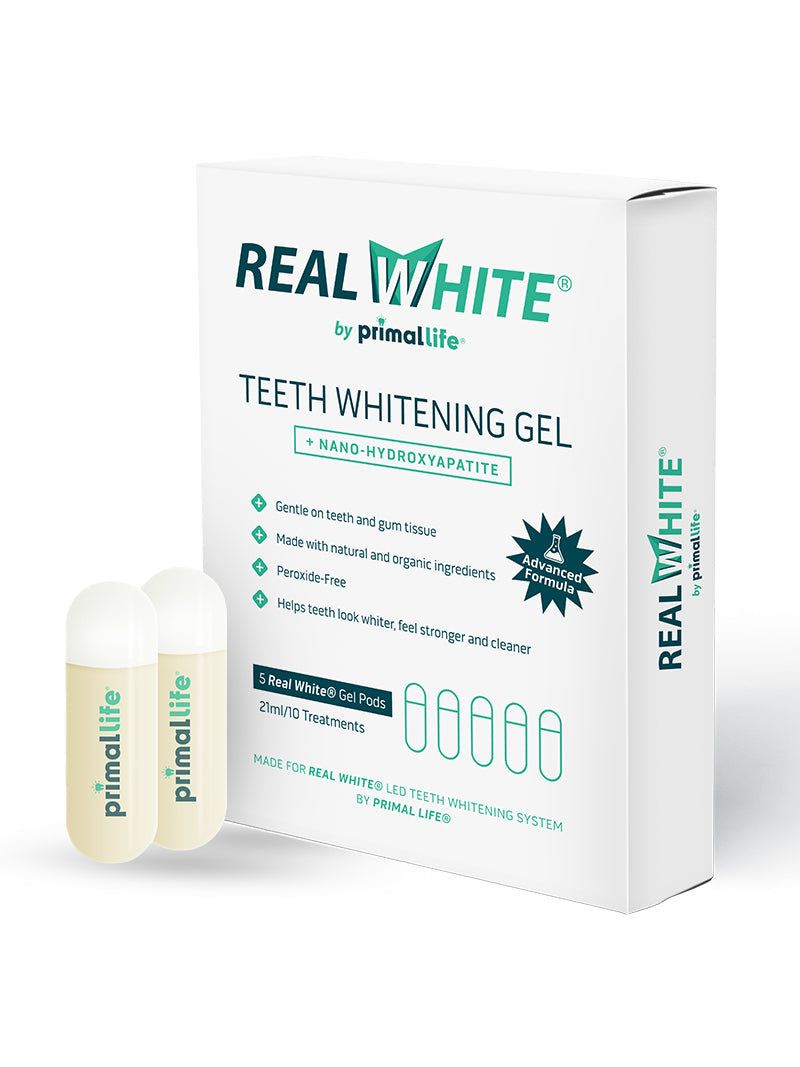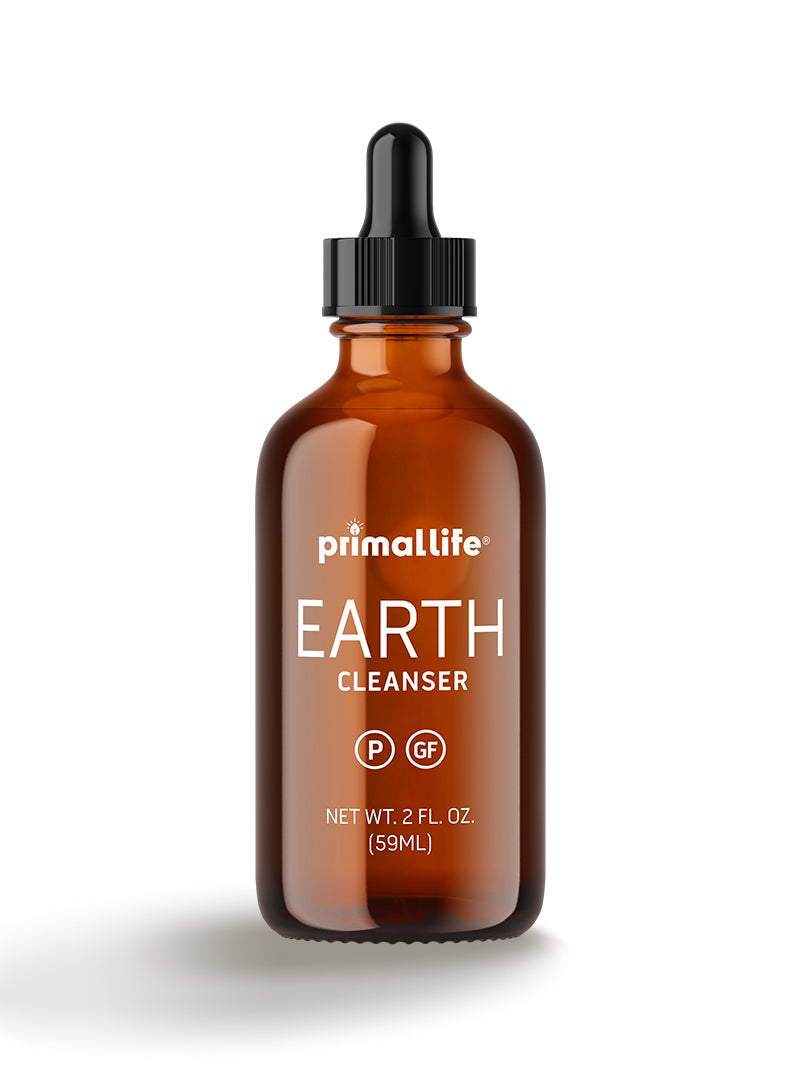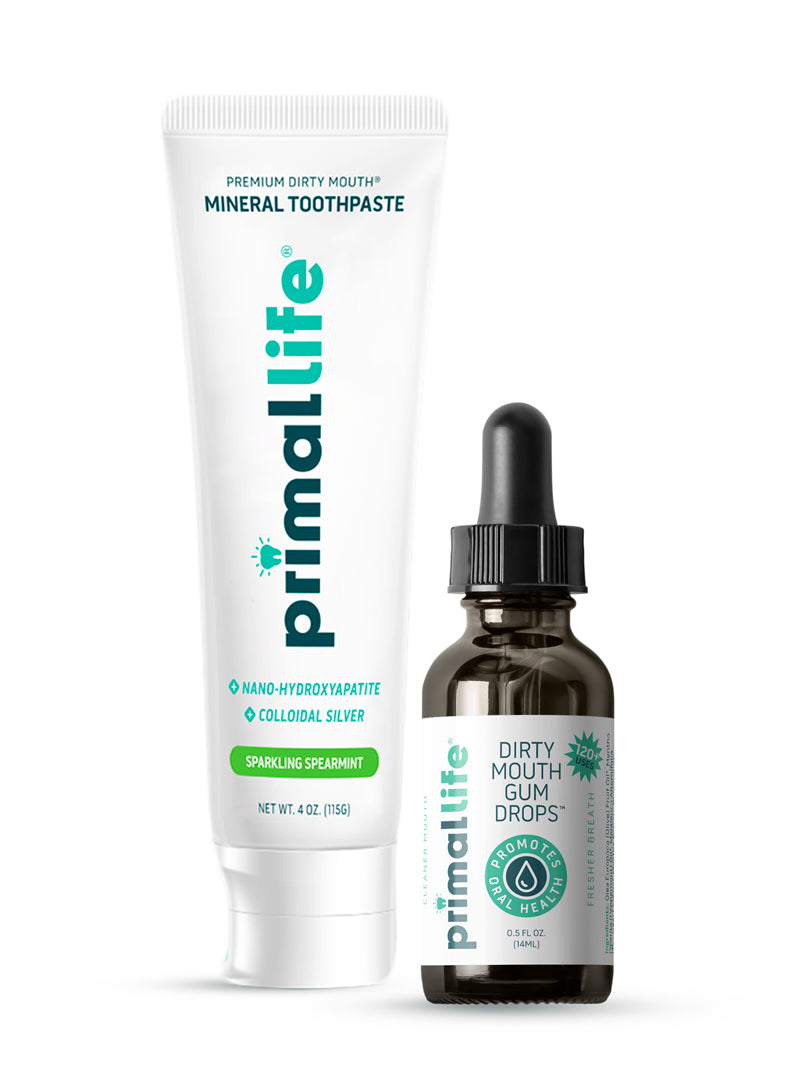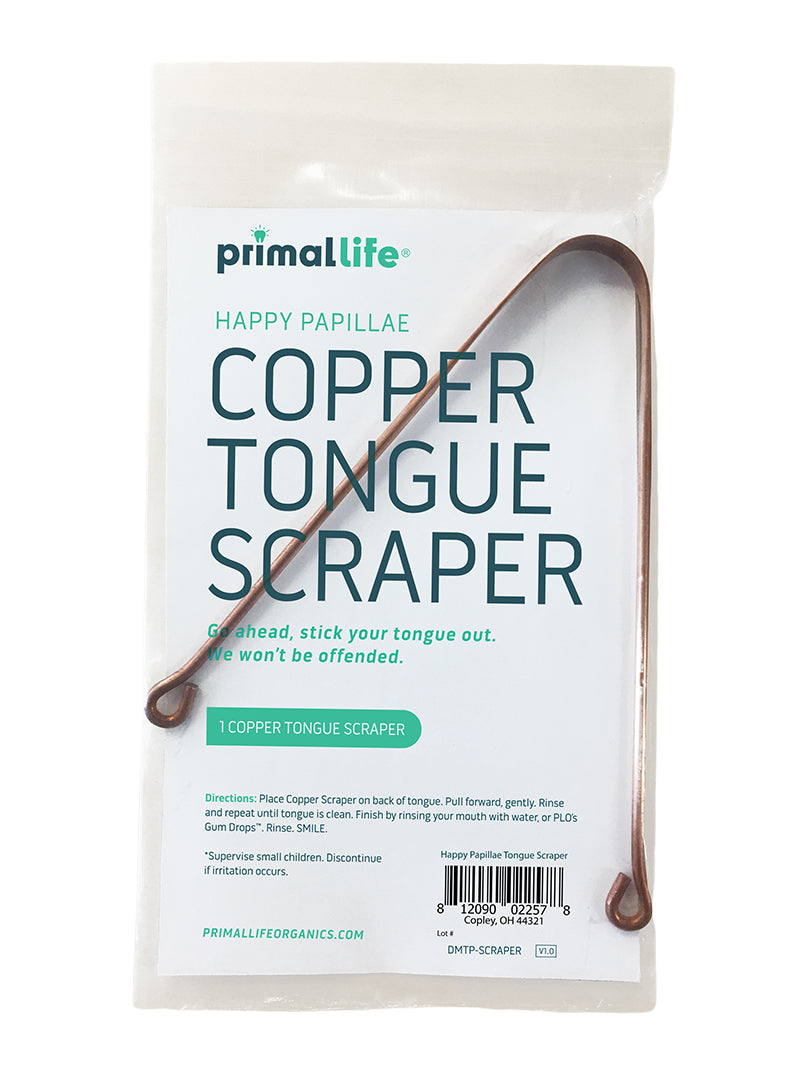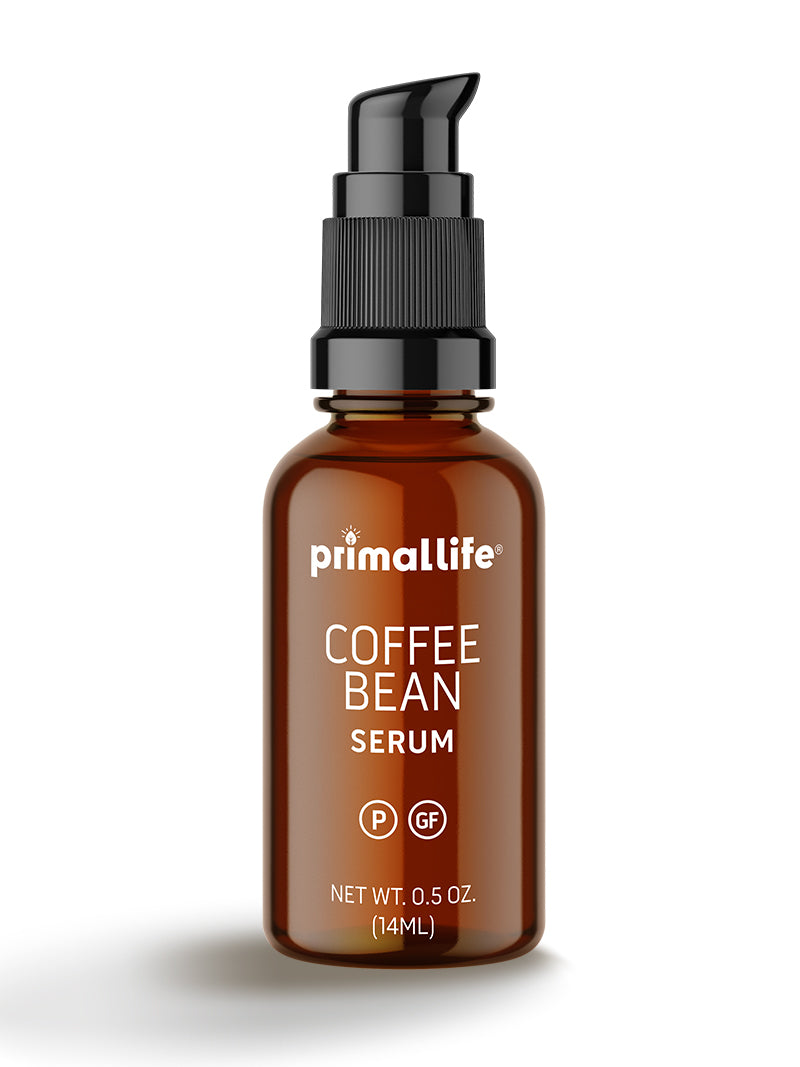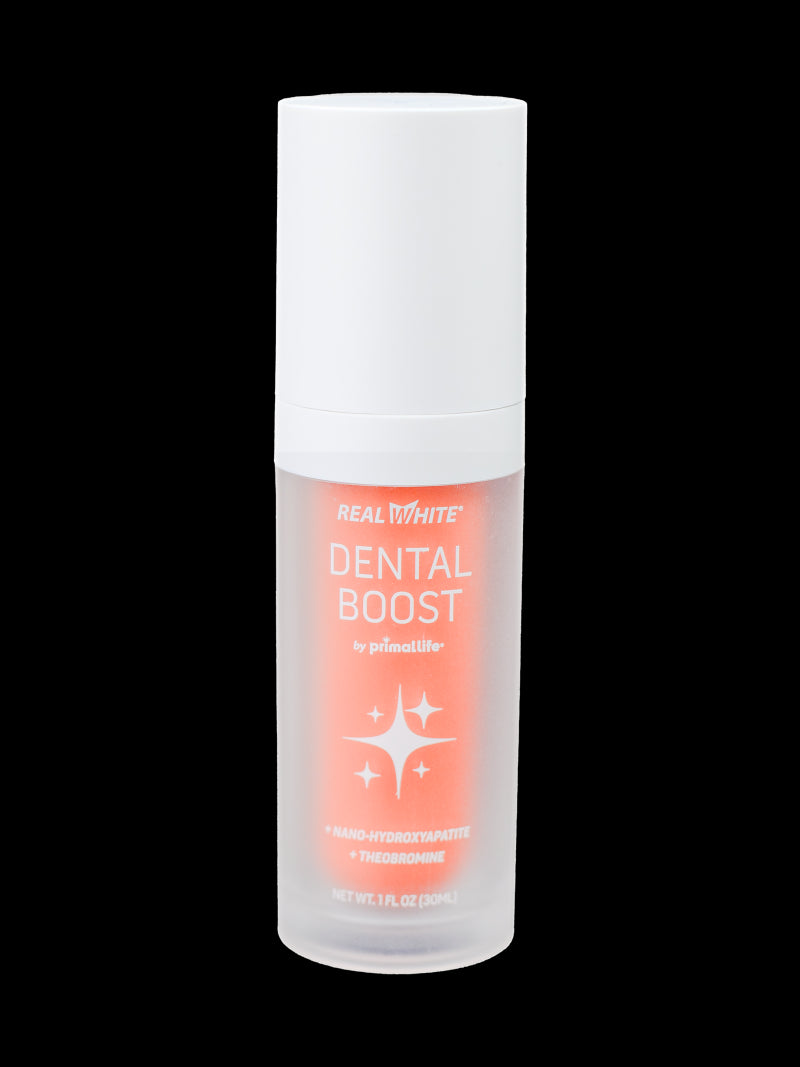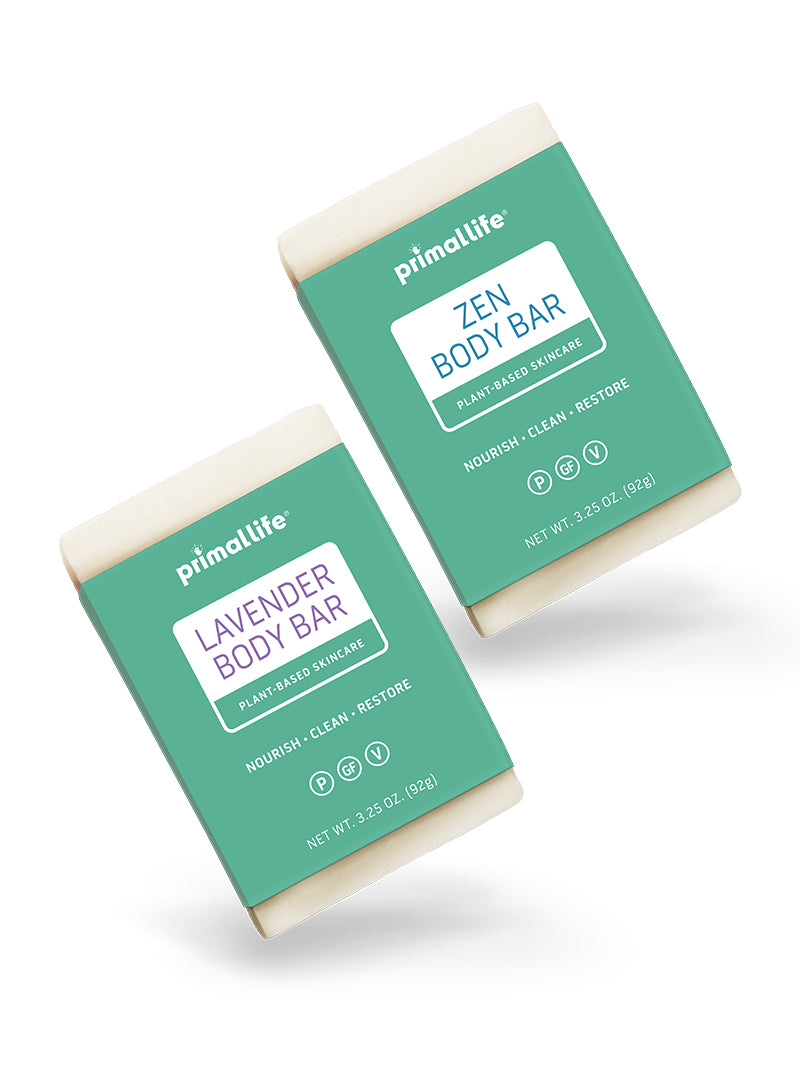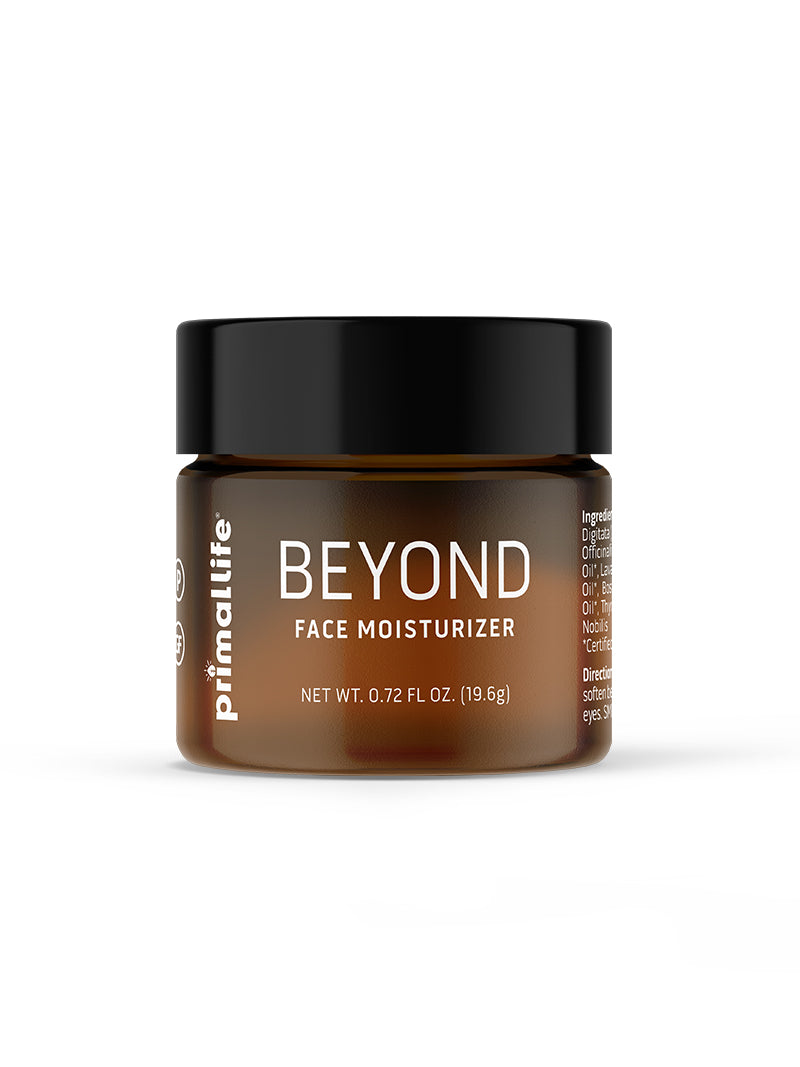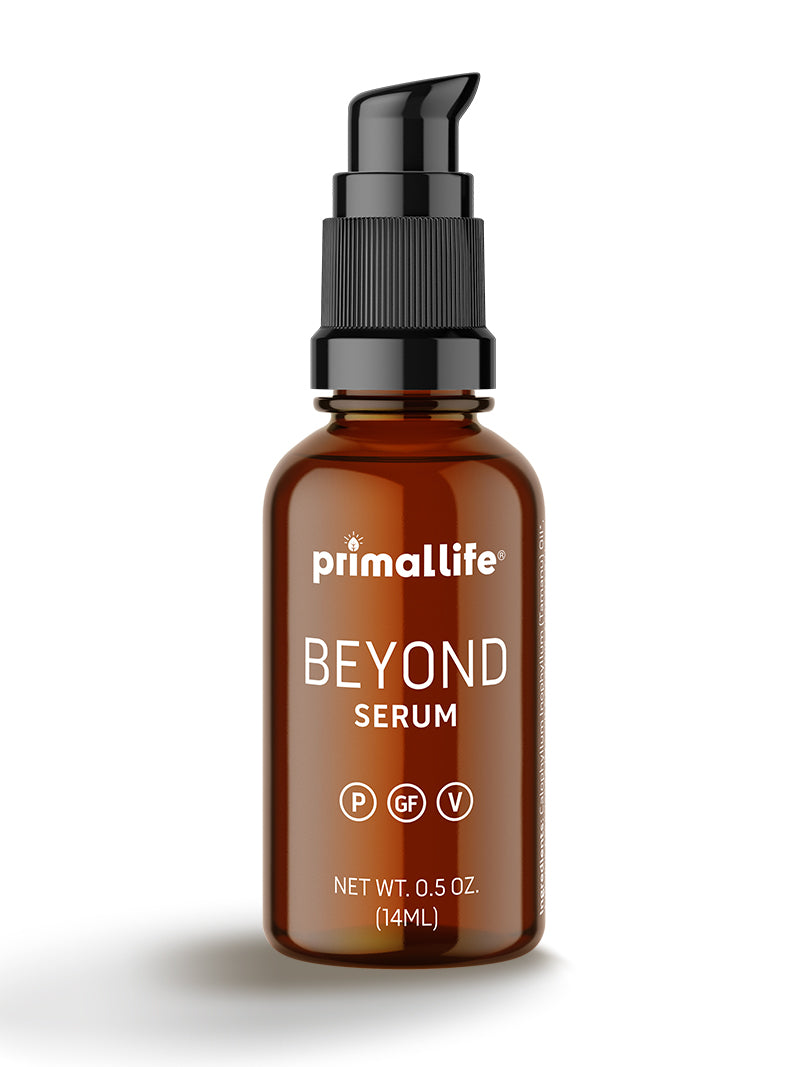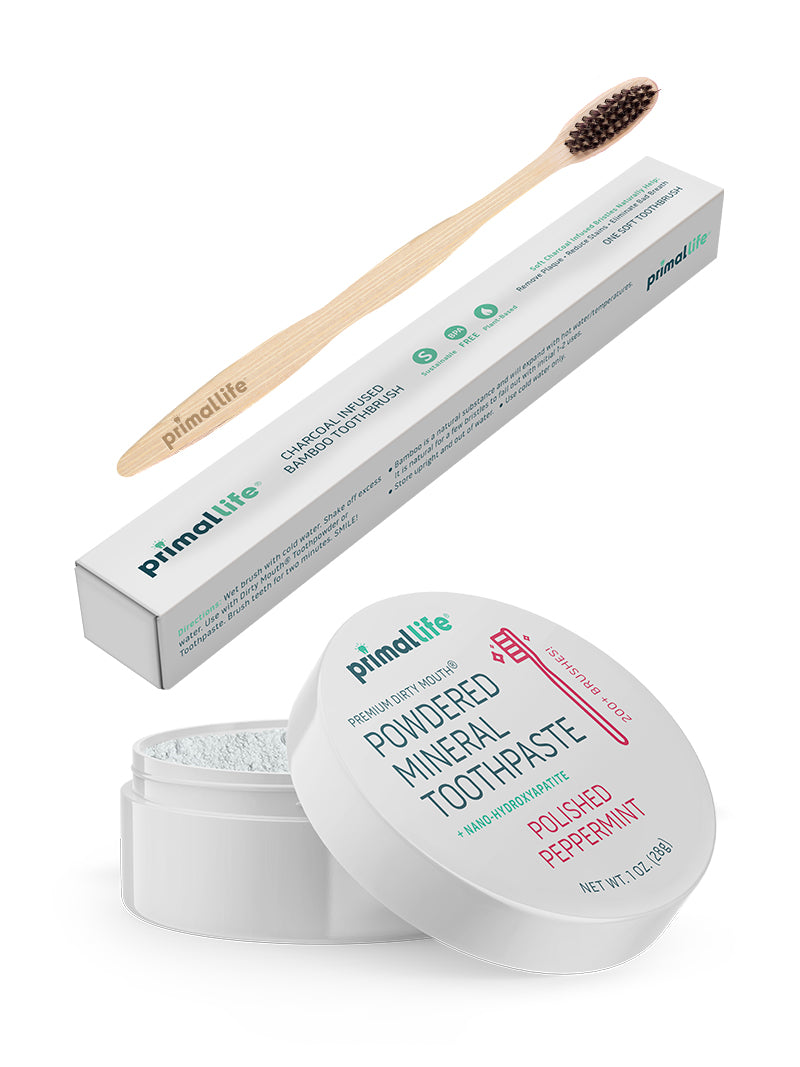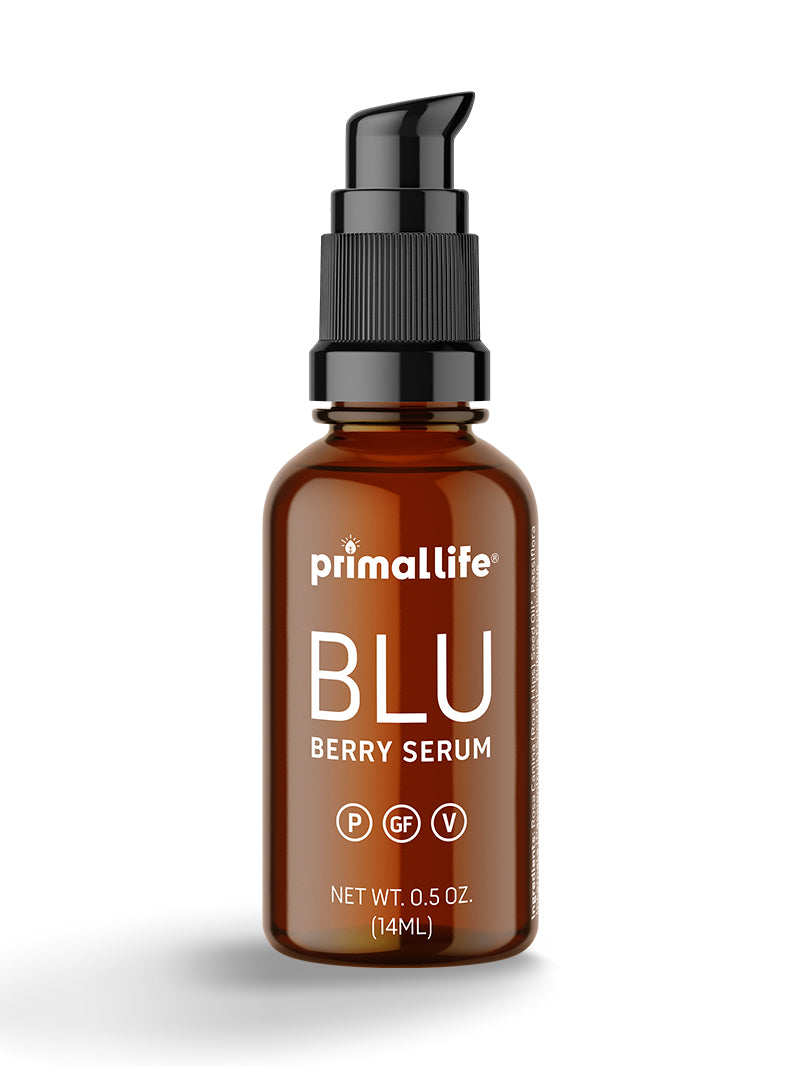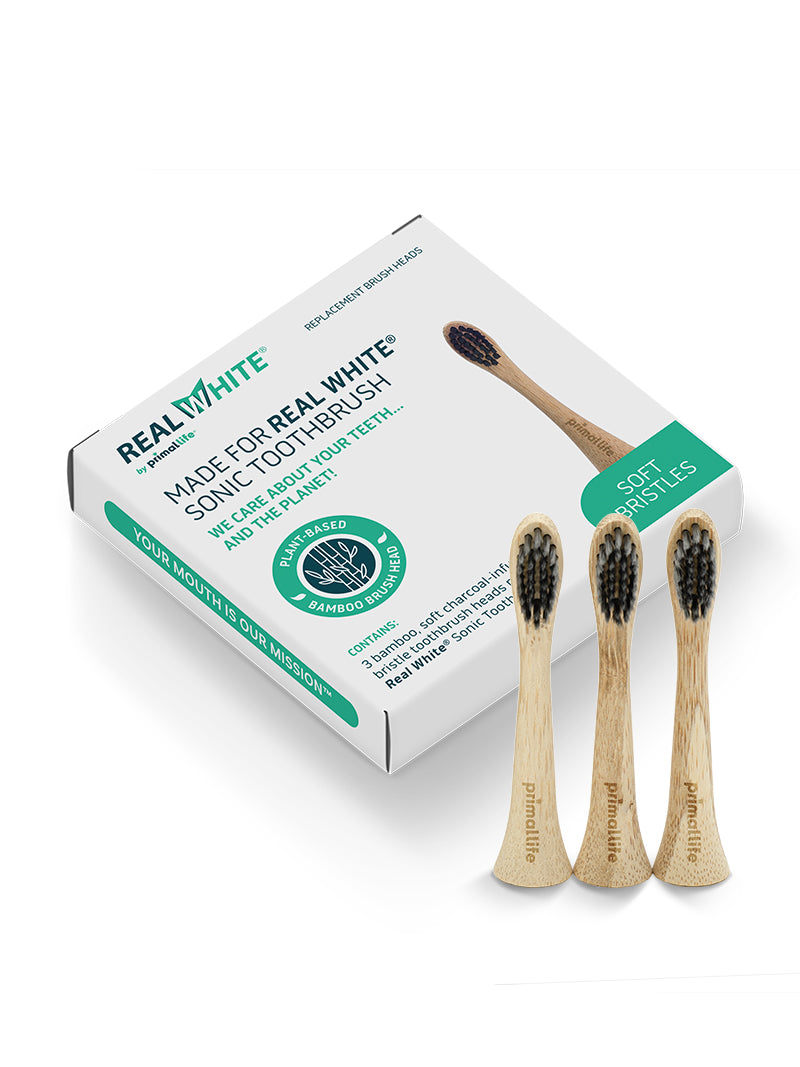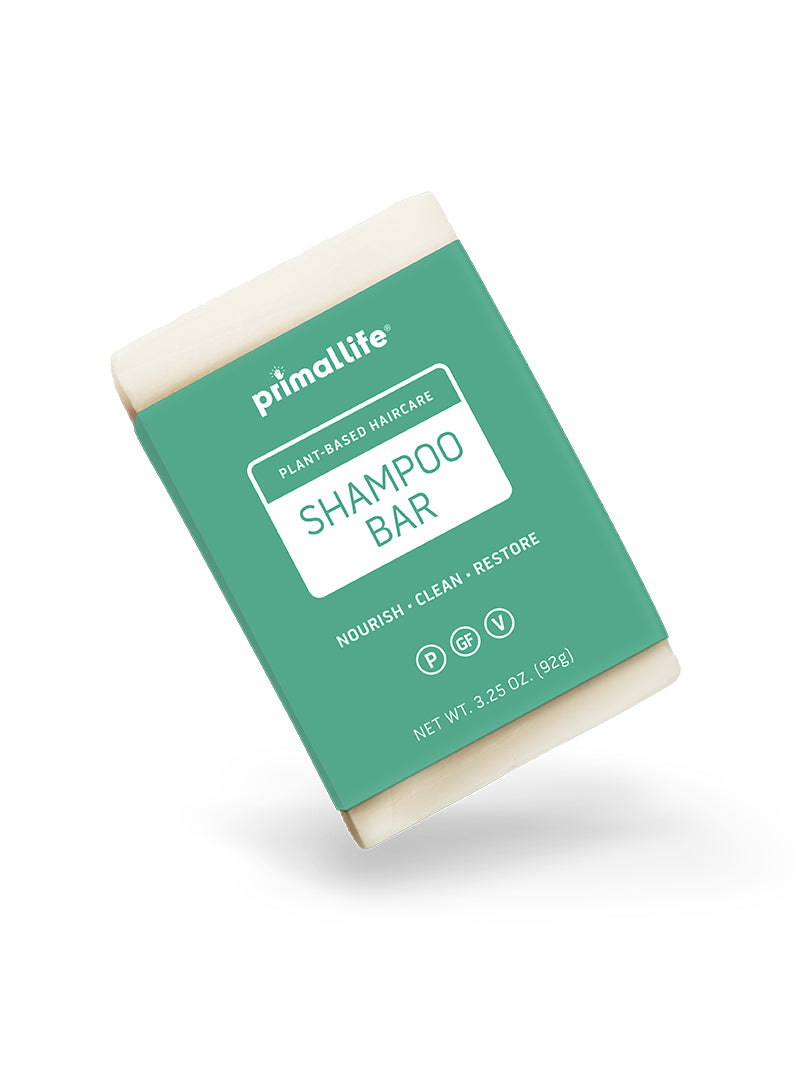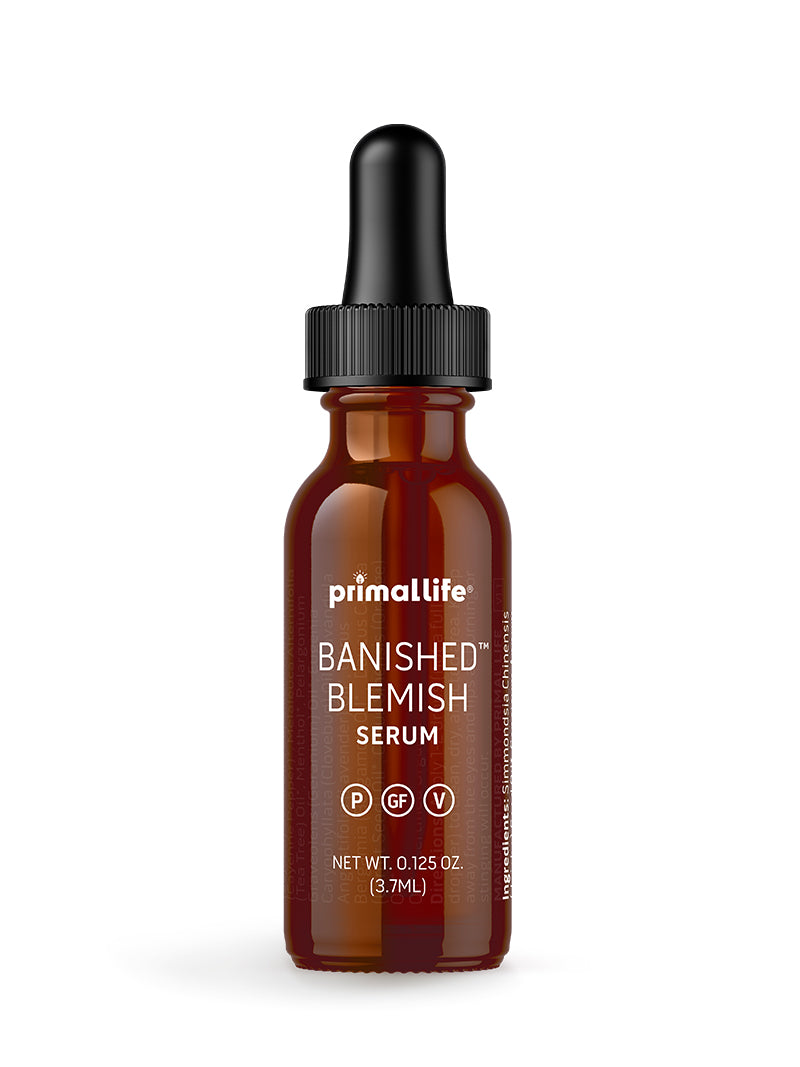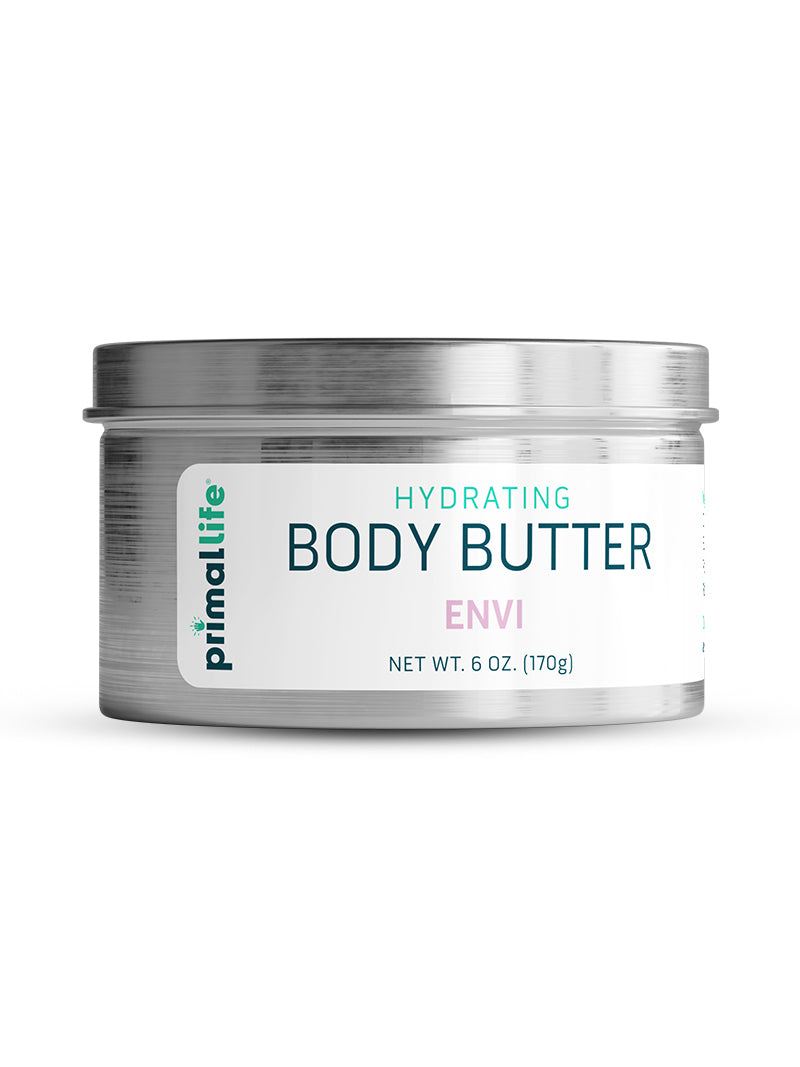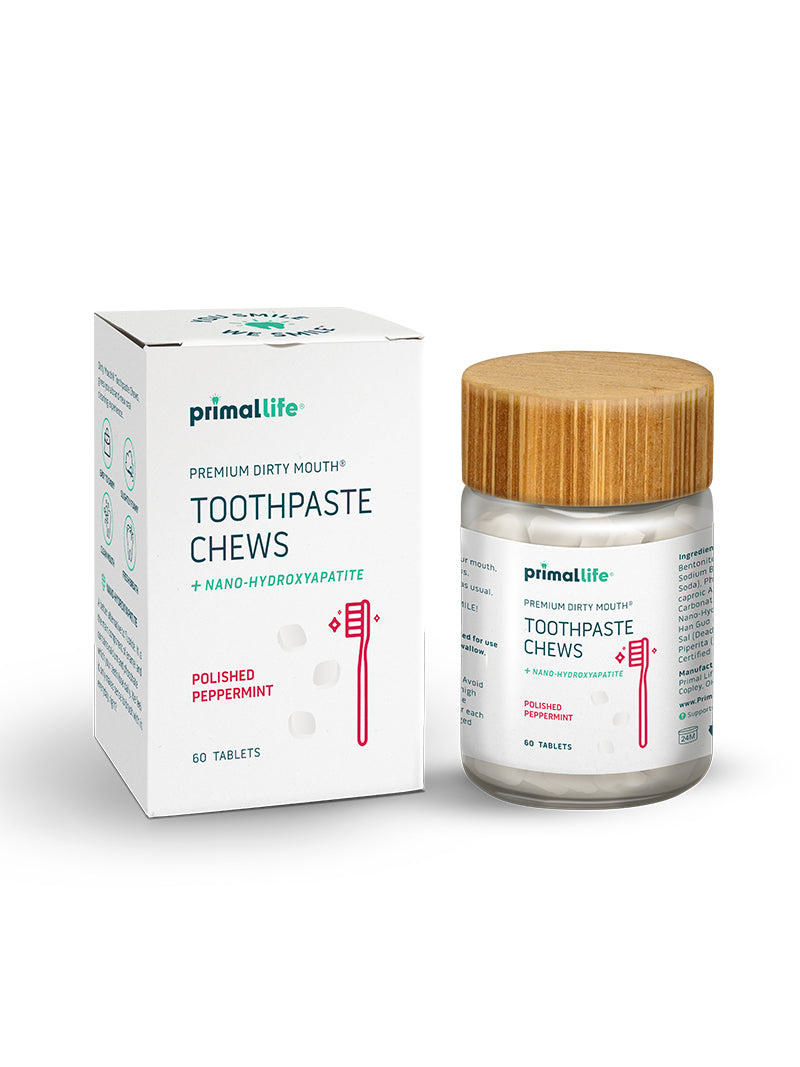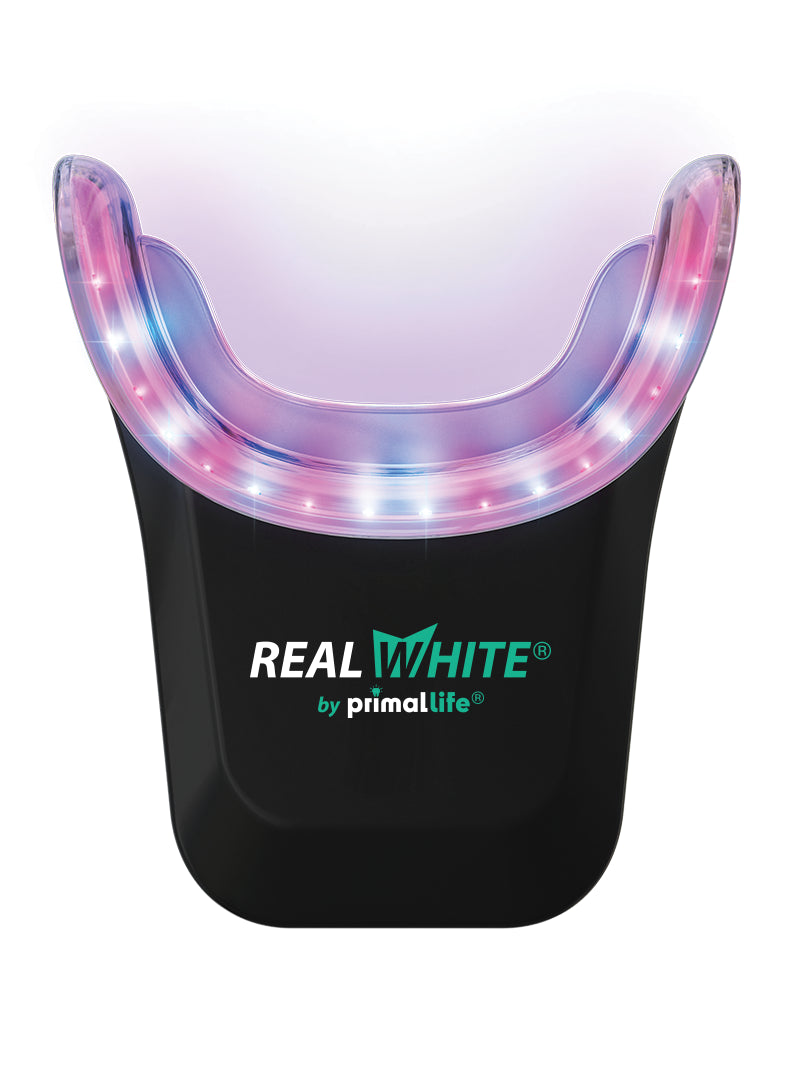Mouthwash, The Silent Killer
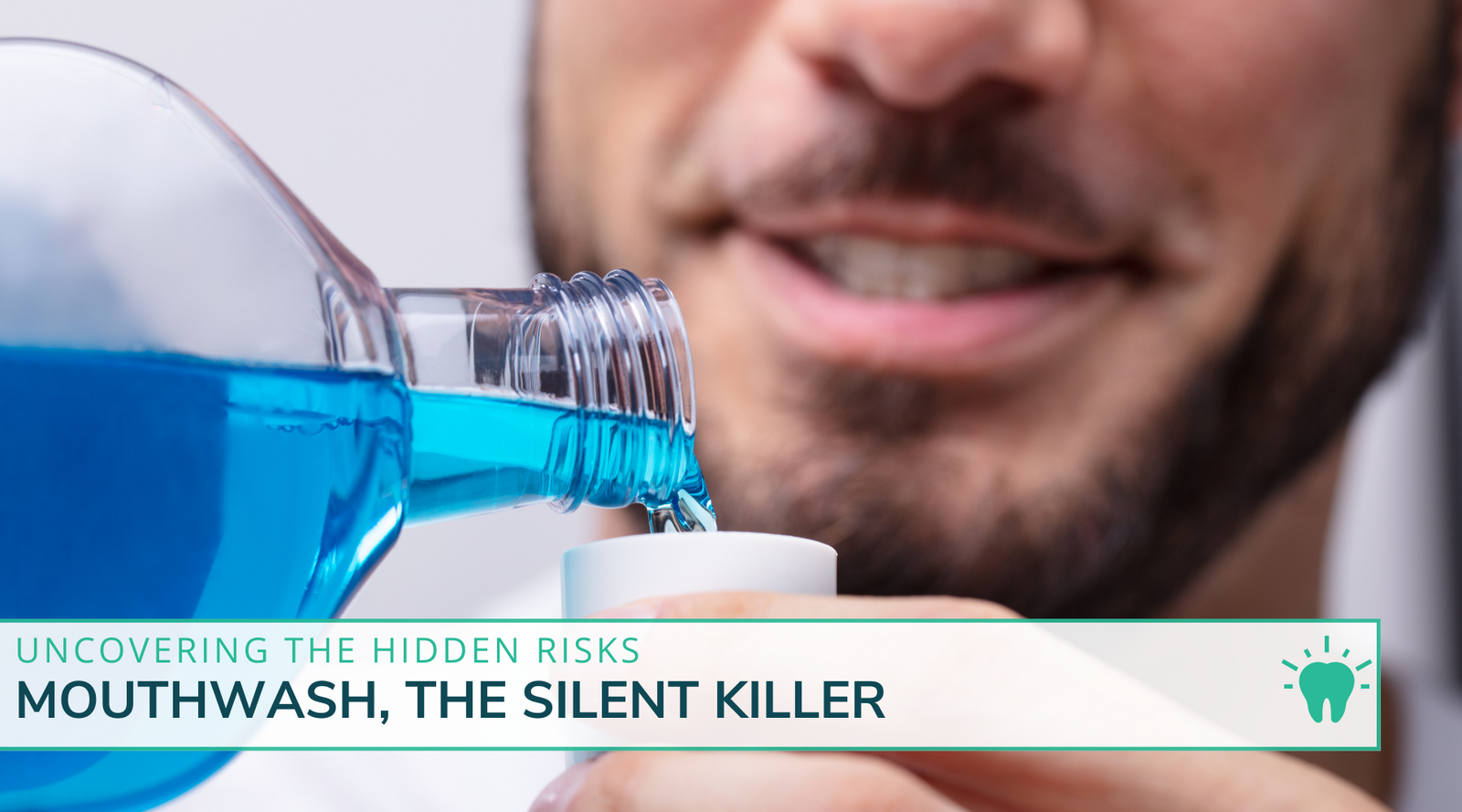
Are you one of the millions who incorporate mouthwash into your daily oral care routine, believing that it’s essential for maintaining a healthy mouth?
What if I told you that this seemingly harmless habit could be doing more harm than good?
Research has shown that the regular use of antibacterial mouthwash can have detrimental effects on your oral and overall health. Not only does it disrupt your oral microbiome, literally causing bad breath and cavities, but its effects are even more far-reaching.
One study found that just seven days of using mouthwash led to a significant reduction in oral nitrite production by 90% and plasma nitrite levels by 25%. These reductions were associated with elevated blood pressure, highlighting the potential cardiovascular risks associated with mouthwash use.
Today we'll explore the disruptive impact of mouthwash on the oral microbiome, its role in inhibiting nitric oxide production, the hidden risks associated with its usage, and what to use instead to ensure a healthy mouth.
Mouthwash and the Oral Microbiome
Why is mouthwash so harmful?
The answer lies in its indiscriminate destruction of the oral microbiome—the diverse community of bacteria that inhabit our mouths and play a crucial role in maintaining our oral and overall health.
Contrary to popular belief, not all bacteria are bad; in fact, many are beneficial and help protect against harmful pathogens.
Commercial mouthwashes containing alcohol and other harsh chemicals not only kill harmful bacteria but also wipe out the beneficial bacteria that contribute to a healthy oral microbiome. This disruption can leave your mouth defenseless against cavities, gum disease, and bad breath.
Moreover, mouthwash interferes with the production of nitric oxide, a compound essential for various bodily functions, including cardiovascular health and even sexual health. Without the right balance of bacteria in the mouth, nitric oxide production may be impaired, potentially leading to issues such as high blood pressure and poor blood vessel function.
Research suggests that disruptions in the oral microbiome are also linked to conditions such as Alzheimer's disease and cardiovascular disease.
Maintaining a balanced oral microbiome is not just about fresh breath and healthy teeth; it's about supporting your body's natural functions. Disrupting this delicate balance with harsh mouthwash can have cascading effects, impacting not only your oral health but also your gut microbiome and, consequently, your overall wellbeing.
Do We Need Mouthwash?
From childhood, we've been instilled with the notion that keeping our mouths pristine and "germ-free" is paramount to good health. The mere mention of germs and bacteria often invokes images of sickness, and the looming threat of epidemics.
However, what if I told you that only 1% of bacteria are associated with disease, while the remaining 99% are benign and, in fact, beneficial to our well-being?
Surprisingly, there's a silver lining in the realm of oral health: plaque can actually be good for your teeth! A healthy oral microbiome possesses the remarkable ability to generate protective plaque, leaving your teeth feeling smooth, appearing shiny, and exuding cleanliness.
But where does this thriving oral microbiome originate? It's rooted in the good bacteria naturally present in your mouth.
Where did the idea of mouthwash even come from?
Surprisingly, the first mouthwash was created in 1879 and was formulated as a surgical antiseptic. In spite of its known antimicrobial properties it was thought of as a product in search of a use and promoted as a deterrent for halitosis and a floor cleaner.
Which sounds about right because that’s exactly what it does - it wipes your microbiome CLEAN of ALL bacteria - the good and the bad.
Laden with alcohol and harsh chemicals, these products indiscriminately eradicate not only harmful bacteria but also the beneficial ones. As a result, your mouth is left defenseless, susceptible to the onslaught of cavities, gum disease, and persistent bad breath.
Harmful Ingredients in Commercial Mouthwash
Commercial mouthwashes often contain a cocktail of synthetic chemicals, some of which can pose significant risks to your health. Here are a few key ingredients to be wary of:
- Alcohol: Linked to liver failure, gastrointestinal issues, and even potential blindness or death.
- Chlorine dioxide: Associated with severe vomiting, diarrhea, and liver failure.
- Chlorhexidine: Known side effects include tooth and tongue staining, mouth sores, increased tartar, and tongue swelling.
- Cocamidopropyl betaine: Can cause skin discomfort and eye irritation.
- Parabens: Linked to cancer and allergic reactions, manifesting as itching, bumps, or burning of the skin.
These are just a few examples of the harmful ingredients commonly found in commercial mouthwash formulations. By opting for natural alternatives, you can protect your oral and overall health from unnecessary risks.
The Detrimental Effects of Alcohol and Non-Alcohol Mouthwash
By now you can see how alcohol-based mouthwashes have many negative effects on your health, but they aren't the only culprits when it comes to oral health hazards. Even non-alcohol varieties can wreak havoc on your oral and systemic well-being.
Here are some detrimental effects to consider:
Disruption of the Oral Microbiome
Any type of mouthwash, whether alcohol-free or containing alcohol, may indiscriminately kill off a high number of bacteria in your mouth. While some bacteria in your mouth can contribute to cavities and bad breath, others are vital components of your oral microbiome. This microbial community helps break down food and maintains healthy teeth and gums.
Regularly eliminating all bacteria in your mouth can disrupt this delicate balance, potentially leading to oral health issues.
Teeth Staining
The most common side effect of using mouthwash, according to a 2019 review, is teeth staining. Mouthwashes containing an ingredient called chlorhexidine (CHX), available only by prescription, are more likely to cause temporary teeth staining after use.
Additionally, mouthwashes that contain bright dyes are more likely to cause staining than dye-free alternatives, not to mention the potential toxicity of the chemicals that make up those dyes!
Increased Cancer Risk
Some mouthwashes may contain synthetic ingredients that have been linked to an increased risk of certain cancers. A 2016 study concluded that people who regularly use mouthwash may have a slightly elevated risk of head and neck cancers compared to those who never used mouthwash.
Most mouthwashes contain alcohol, a known cause of head and neck cancer (oral cavity, pharynx, larynx), likely through the carcinogenic activity of acetaldehyde, formed in the oral cavity from alcohol.
Further research is needed to understand the true extent of this risk and which ingredients may contribute to it.
Promoting Oral Health Naturally
As we have discussed, mouthwash, in addition to the risks associated with regular use, is not even effective at preventing or fixing the very thing people use it for - bad breath, and prevention of cavities and gum disease.
It’s time to ditch the toxic mouthwash and replace it with an oral care routine that helps your mouth to thrive - preventing cavities, gum disease and bad breath - naturally.
"At Primal Life, your mouth is our mission. As such, we have created products free from toxic chemicals that help your mouth stay healthy. We pride ourselves in hearing our customers report "better dental checkups", "zero plaque", "no more sensitivity", "healing gum recession", "cavity-free" and more. Your health excites us!" Trina states.
You might be wondering where you start, and we always recommend detoxing your mouth and re-establishing a healthy microbiome. The first step is with our Dental Detox Kit which is meticulously crafted to keep your oral microbiome balanced and thriving. The kit is a 60-day supply that contains our Dirty Mouth Toothpowder, Gum Drops, Bamboo Charcoal Floss Picks, Bamboo Toothbrush and Copper Tongue Scraper.
The Dirty Mouth Toothpowder is made with 3 detoxifying and remineralizing clays, nano-hydroxyapatite (the same mineral your teeth are made of), and baking soda to promote mouth alkalinity. This replaces your "toxi-paste" toothpaste.
Our Gum Drops are made with 11 essential oils to create a healthy balance of good bacteria inside your mouth, getting rid of toxins and impurities found on the surface of your teeth and gums.
Complete your routine with our Bamboo Charcoal Dental Picks and Copper Tongue Scraper, and you’ll be left with a detoxified mouth, strong teeth, and fresh breath!
With the Dental Detox Kit, you’ll revel in the assurance that you're not just nurturing your mouth, but also supporting optimal nitric oxide production.
Take Action for Your Oral Health
Mouthwash may seem like a harmless addition to your oral care routine, but its potential risks extend far beyond the confines of your mouth. From disrupting essential bacterial communities to compromising nitric oxide production, the consequences of regular mouthwash use are cause for concern.
It's time to take proactive steps towards healthier oral care practices. By prioritizing natural oral care alternatives, you not only safeguard your oral health but also contribute to your overall well-being. Embracing products free from toxic chemicals can nurture your mouth's delicate ecosystem and promote a balanced oral microbiome.
Remember, your oral health is not just about a bright smile—it's a cornerstone of vitality and longevity. By supporting your body's innate processes, such as nitric oxide production, you empower yourself to live a healthier, more vibrant life.
So, before you reach for that bottle of mouthwash, consider the broader implications for your health. Your body—and your smile—will thank you.
REFERENCES
https://www.ncbi.nlm.nih.gov/pmc/articles/PMC7125030/
https://www.ncbi.nlm.nih.gov/pmc/articles/PMC7567004/
https://www.sciencedirect.com/science/article/pii/S0020653923004550
https://www.ncbi.nlm.nih.gov/pmc/articles/PMC7567004/
https://www.ncbi.nlm.nih.gov/pmc/articles/PMC9932516/
https://newsinhealth.nih.gov/2019/05/mouth-microbes
https://www.ncbi.nlm.nih.gov/pmc/articles/PMC7125030/
https://www.ncbi.nlm.nih.gov/pmc/articles/PMC10609607/
https://www.ncbi.nlm.nih.gov/pmc/articles/PMC9716288/
https://www.nature.com/articles/s41598-024-54068-y
https://www.ncbi.nlm.nih.gov/pmc/articles/PMC6427756/
https://www.ncbi.nlm.nih.gov/pmc/articles/PMC2176045/
https://pubmed.ncbi.nlm.nih.gov/17016887/
https://www.ncbi.nlm.nih.gov/pmc/articles/PMC6759706/
https://pubmed.ncbi.nlm.nih.gov/20621240/
https://www.ncbi.nlm.nih.gov/pmc/articles/PMC4752930/


